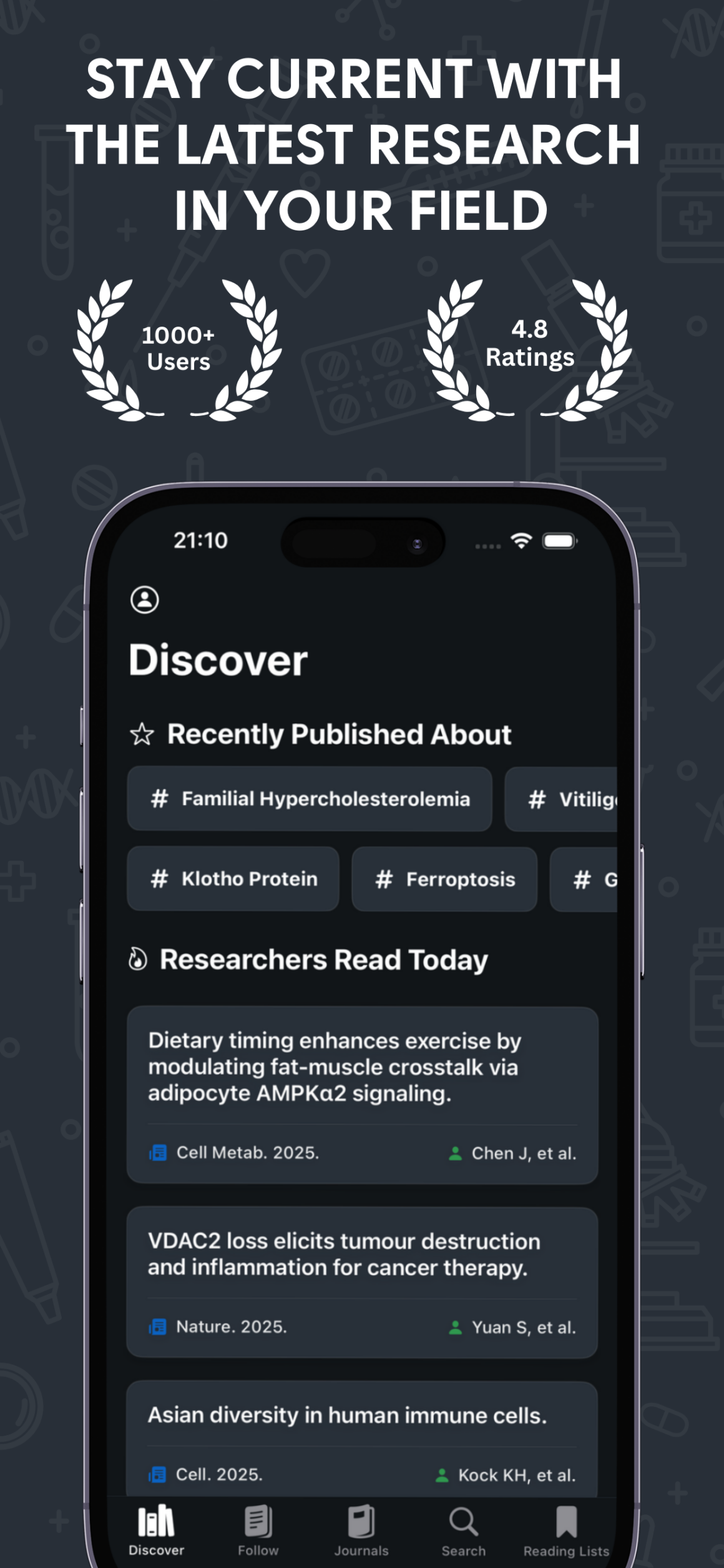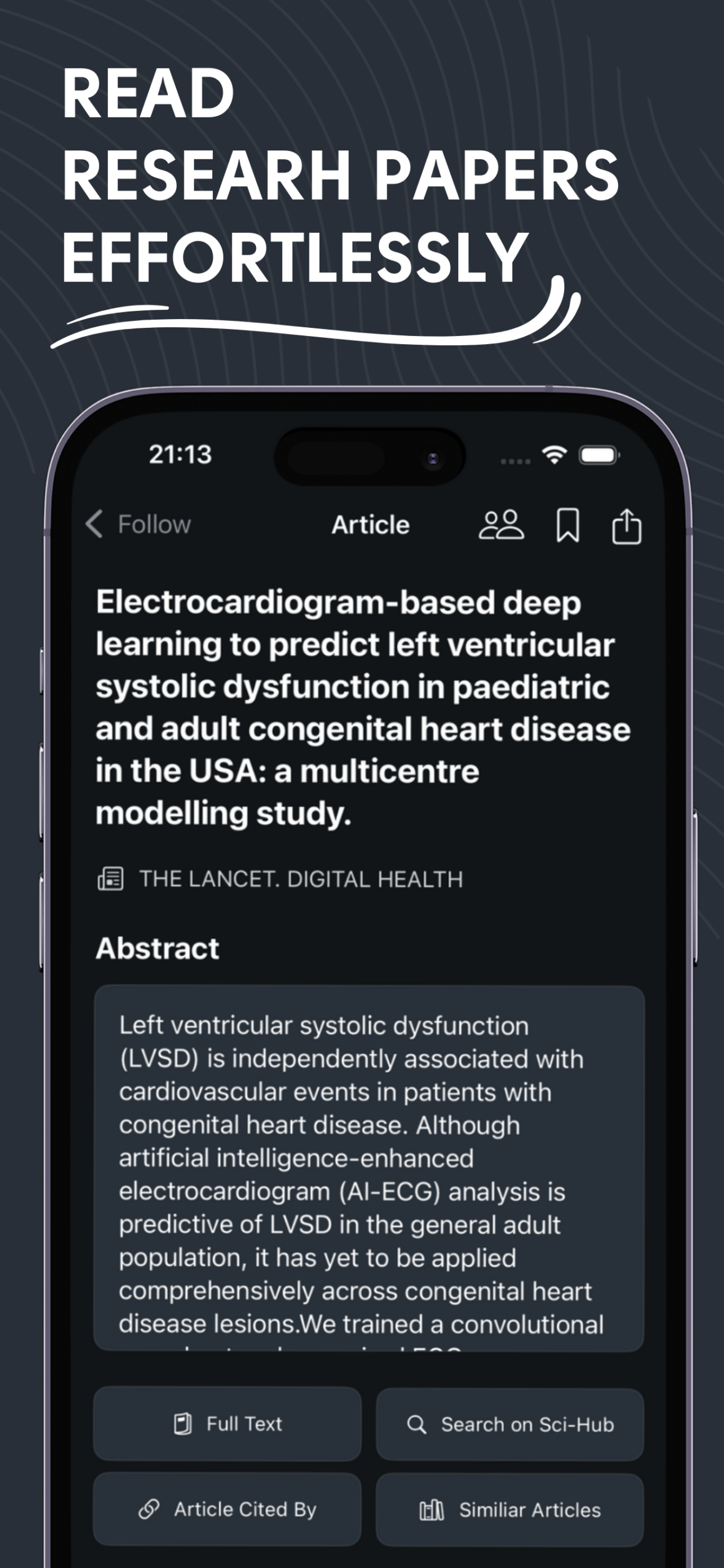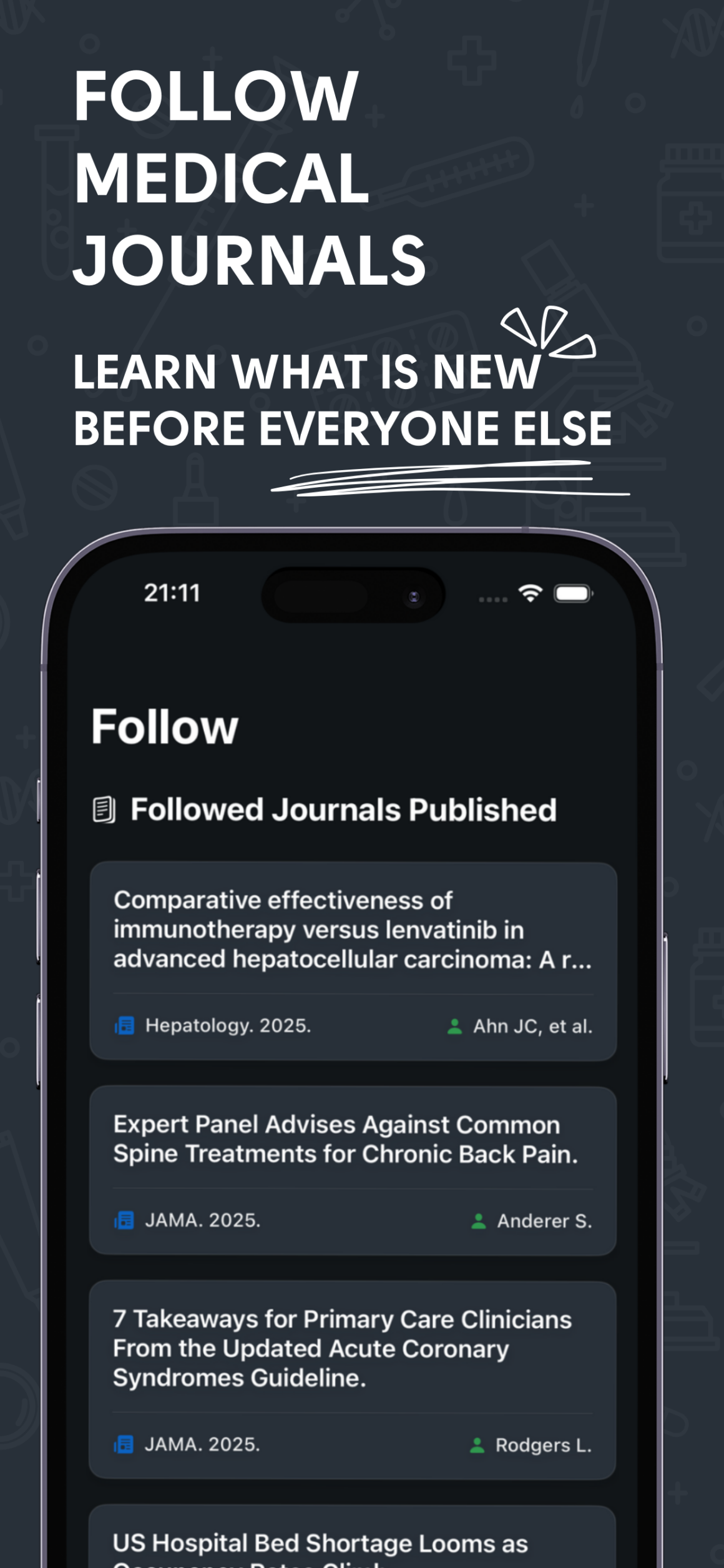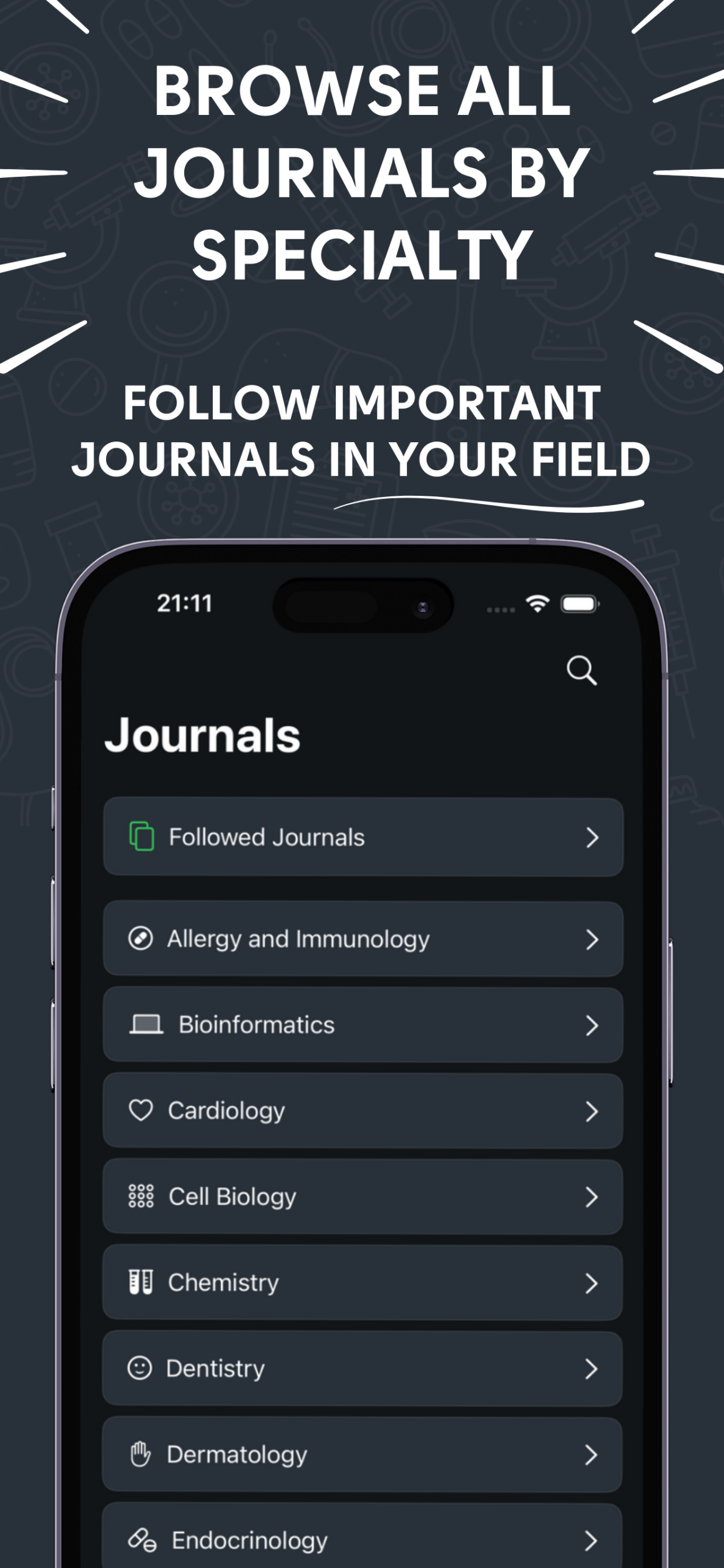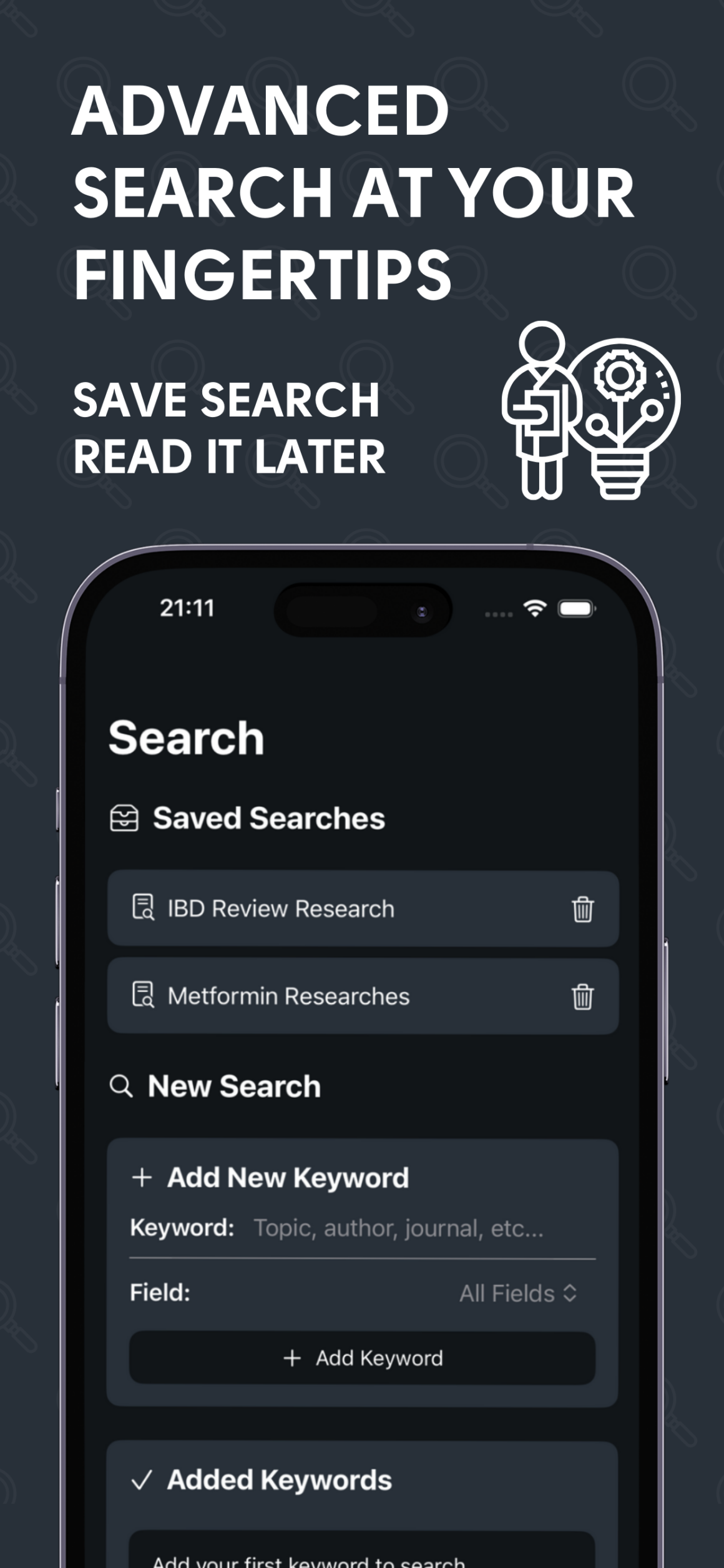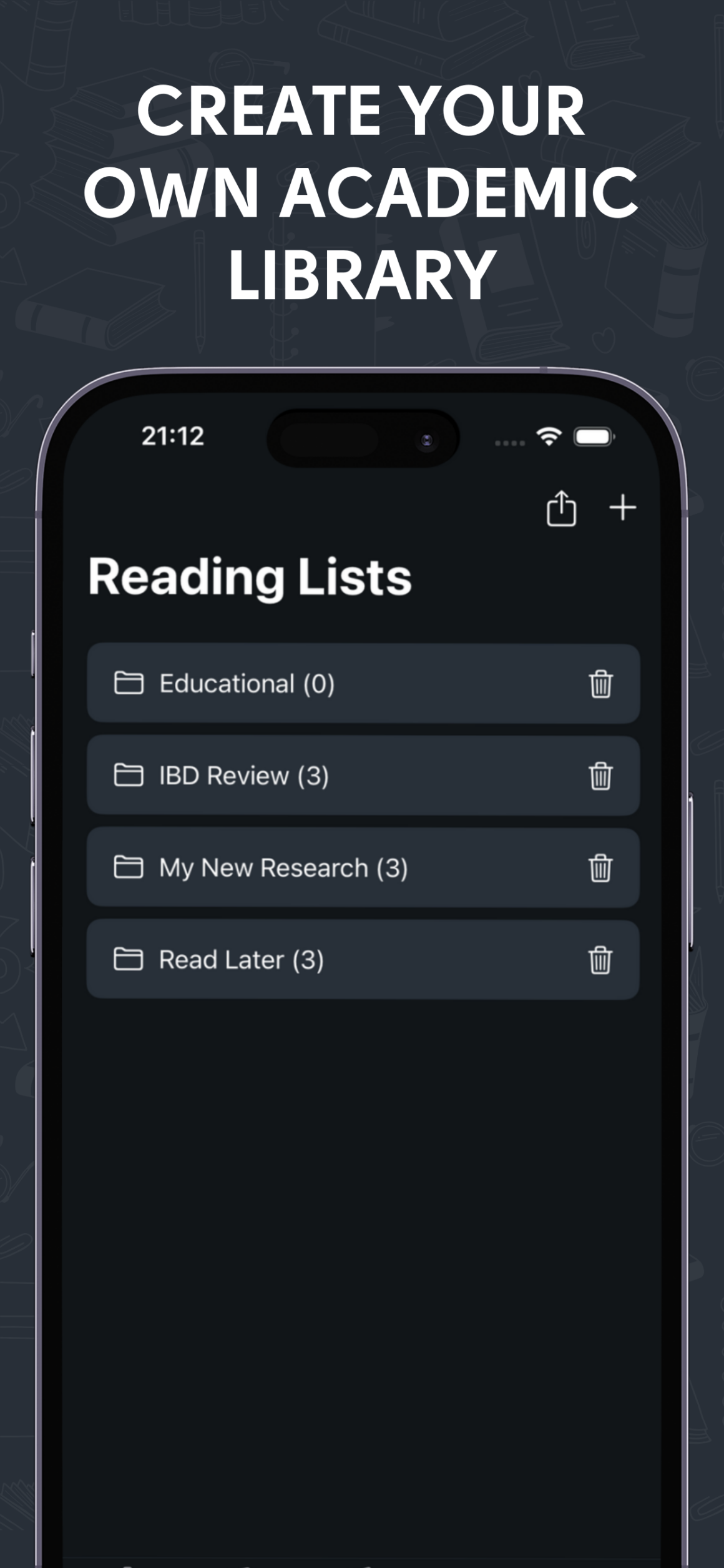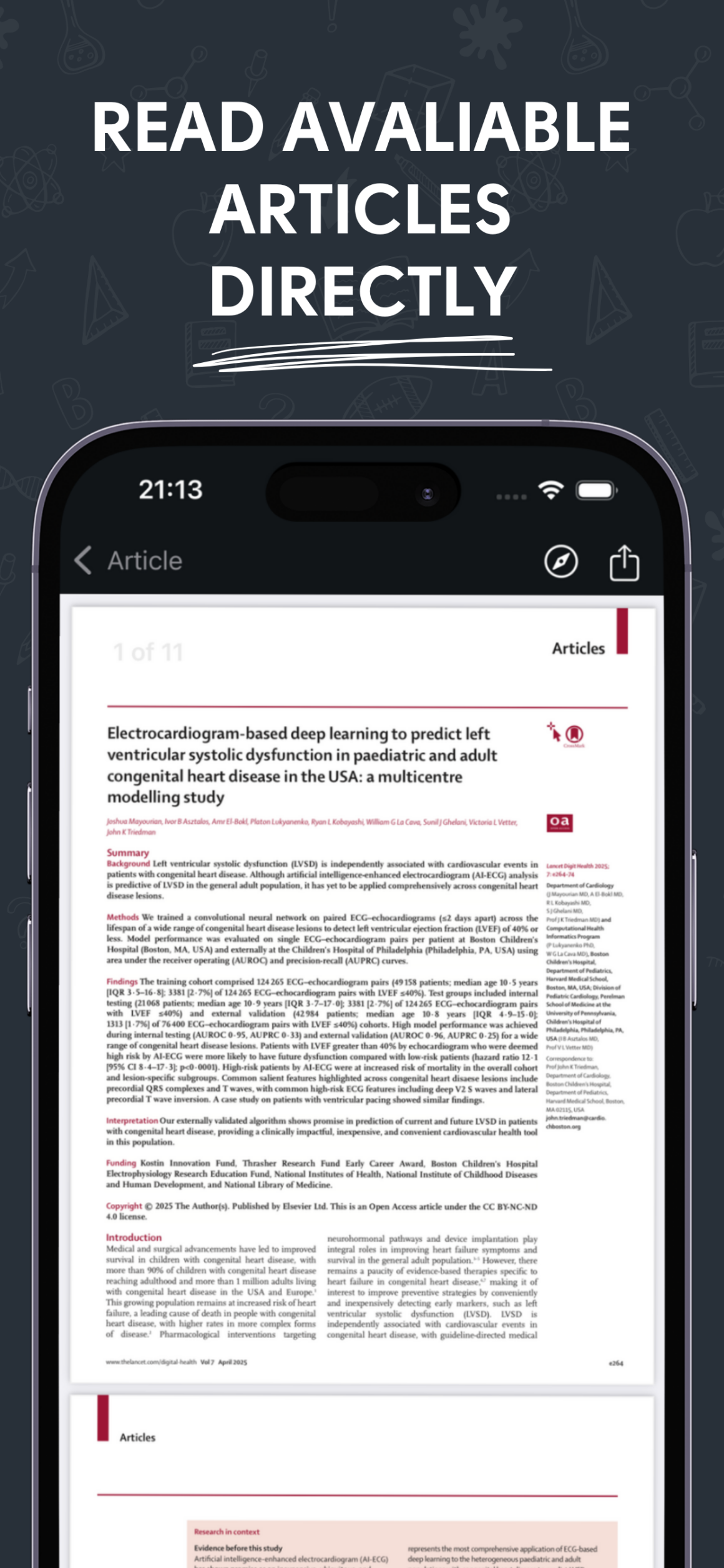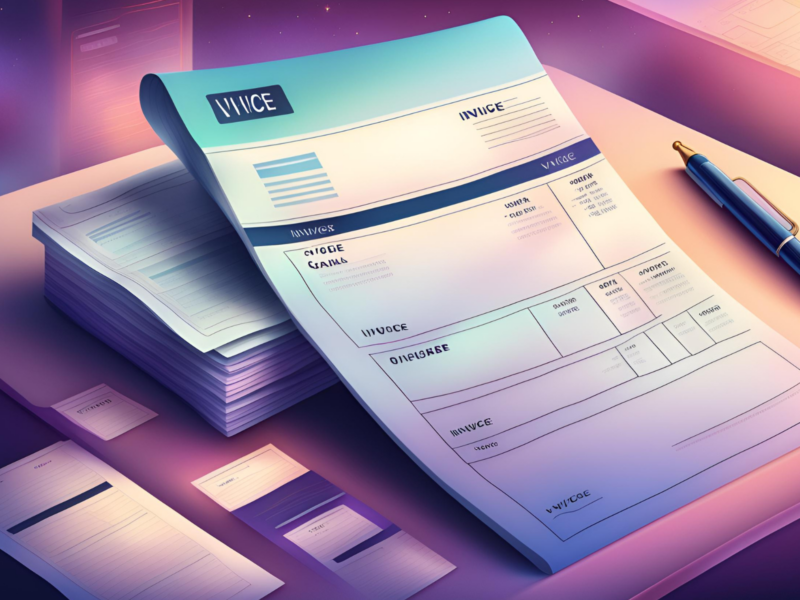Top 6 Useful iOS Apps for Researchers and Scientists
In the fast-paced world of research and science, staying organized, managing references, creating compelling presentations, and writing flawless papers are essential skills. With mobile technology advancing rapidly, researchers can now access powerful tools from their iPhones or iPads. This blog post highlights 6 iOS apps that every researcher and scientist should consider using to improve their workflow and productivity.
1. EndNote – The Ultimate Reference Management Tool
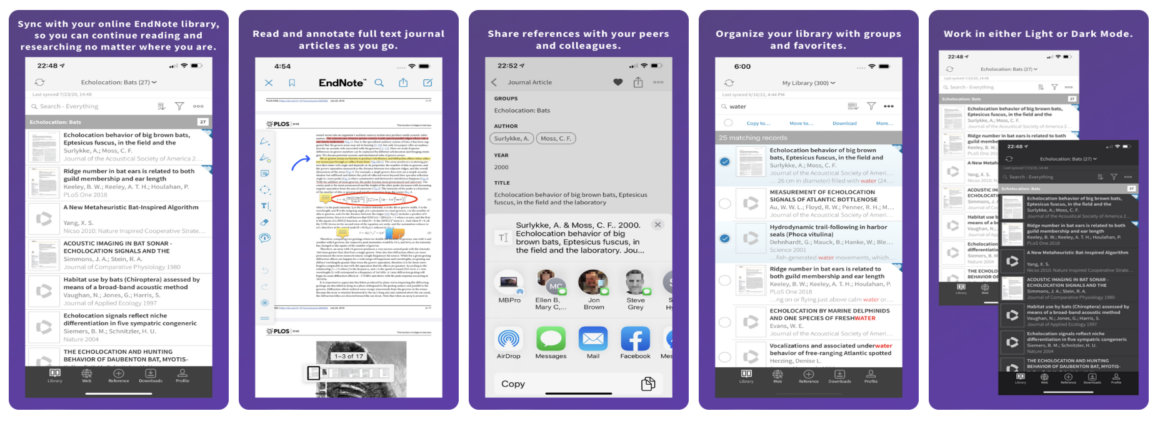
EndNote is a top-rated reference management app that helps researchers and academics organize their citations and references. It allows you to:
- Import citations directly from databases.
- Create and organize reference libraries.
- Format bibliographies in various styles (APA, MLA, etc.).
- Share references with collaborators.
Key Features:
- Syncs seamlessly with the desktop version of EndNote.
- Advanced search functionality.
- Integration with Microsoft Word for citation insertion.
Why You Need It: Managing hundreds of references can be overwhelming, but with EndNote, you can keep all your references in one organized space, saving you time and stress during the writing process.
2. MediPub – Follow Medical Journals
MediPub offers to discover and follow peer-reviewed medical journals, explore new research in your specialty, and organize articles into reading lists for quick access. MediPub is an excellent iOS app designed specifically for accessing research papers on PubMed. With this app, users can:
- Browse top medical journals by specialty (Endocrinology, Dermatology, and more).
- Follow your favorites to never miss the latest publications.
- Search articles on PubMed from within the app.
- Filter and refine results with advanced search parameters for faster, more accurate findings.
- View comprehensive article details, including abstracts, authors, and related articles.
- Stay informed about trending topics and newly released studies across various fields.
- Read full-text articles directly within MediPub whenever open-access links are provided.
- Create custom reading lists and bookmarks for quick and easy access.
- Organize your saved articles by specialty or topic for efficient study and reference.
Why You Need It: MediPub makes it easy for researchers to stay updated with the latest publications in their field and discover trending topics.
3. Notion – The Ultimate Note-Taking and Organization App
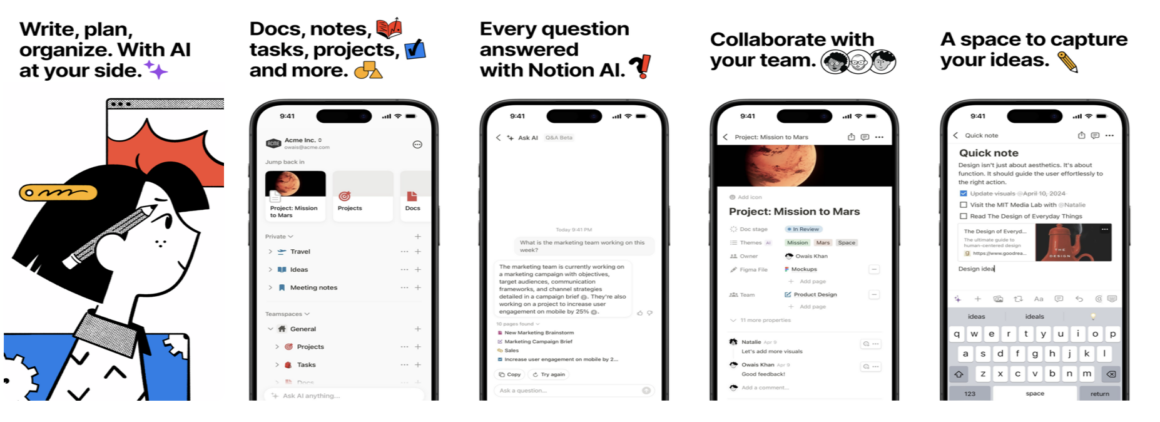
Notion has become a favorite tool among researchers for note-taking, project management, and organization. This flexible app allows you to create:
- Databases for tracking experiments or research papers.
- To-do lists and project plans.
- Collaborative documents for team research.
Key Features:
- Easy-to-use templates for research papers and meeting notes.
- Real-time collaboration with team members.
- Cross-platform sync (iOS, macOS, Windows, etc.).
Why You Need It: Whether you’re managing multiple research projects or keeping track of experiments, Notion’s powerful organizational tools help streamline your workflow.
4. GoodNotes – Take Notes and Annotate Research Papers
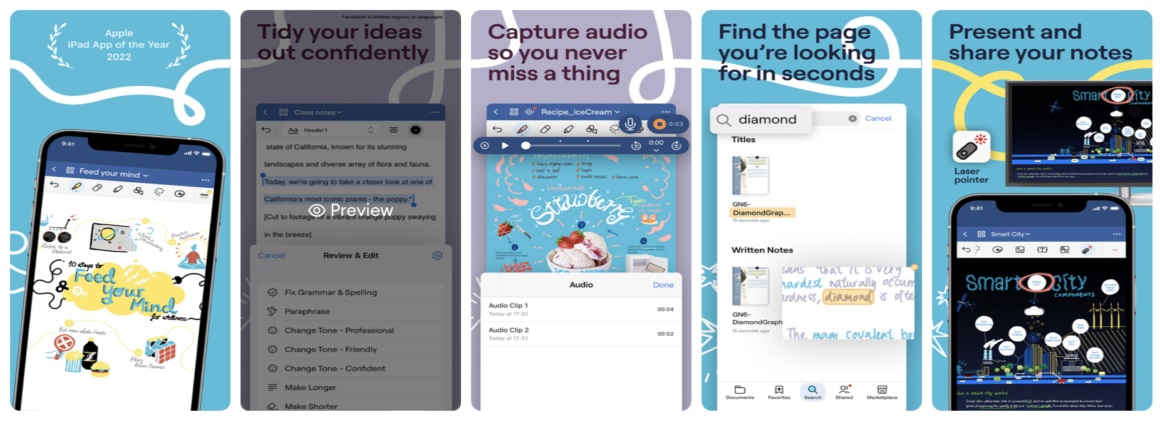
For those who prefer writing or highlighting directly on research papers, GoodNotes is the ideal tool. It allows researchers to:
- Annotate PDFs and research papers with ease.
- Organize notes in custom notebooks.
- Search handwritten notes or typed text.
- Sync across devices.
Key Features:
- Use Apple Pencil for precise note-taking.
- Convert handwritten notes to text.
- Create folders to organize different projects.
Why You Need It: GoodNotes is perfect for those who like to annotate and highlight papers or take handwritten notes in meetings or during research sessions.
5. Canva – Create Awesome Presentations
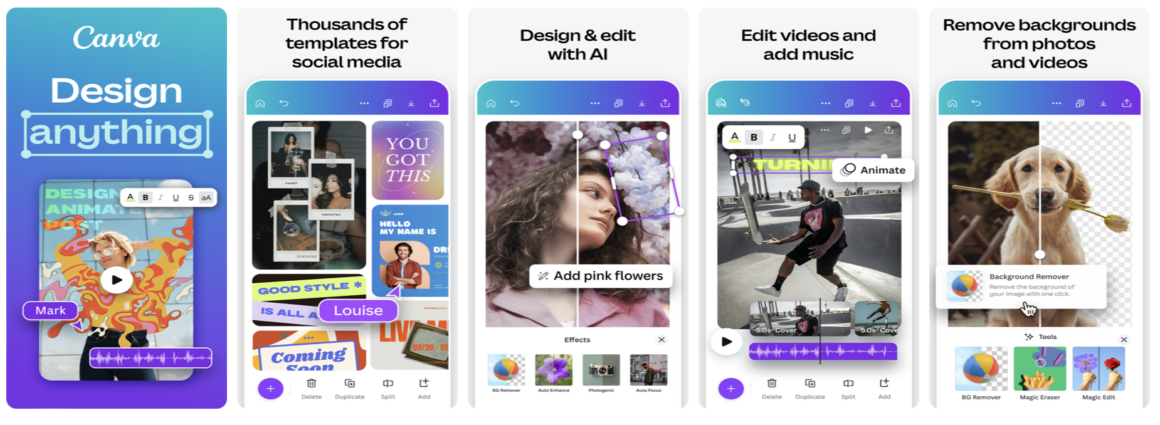
Every researcher will need to present their findings at some point, and Canva is the go-to app for creating professional, visually appealing presentations. Canva offers:
- A wide range of customizable templates for posters, slides, and infographics.
- Easy-to-use drag-and-drop interface.
- Collaboration tools for team presentations.
Key Features:
- Thousands of images, icons, and fonts.
- Ability to export your designs in multiple formats.
- Sync projects across devices.
Why You Need It: Whether it’s for conferences or lectures, Canva enables you to create stunning presentations that convey your findings clearly and creatively.
6. Grammarly – Writing Assistance for Flawless Research Papers
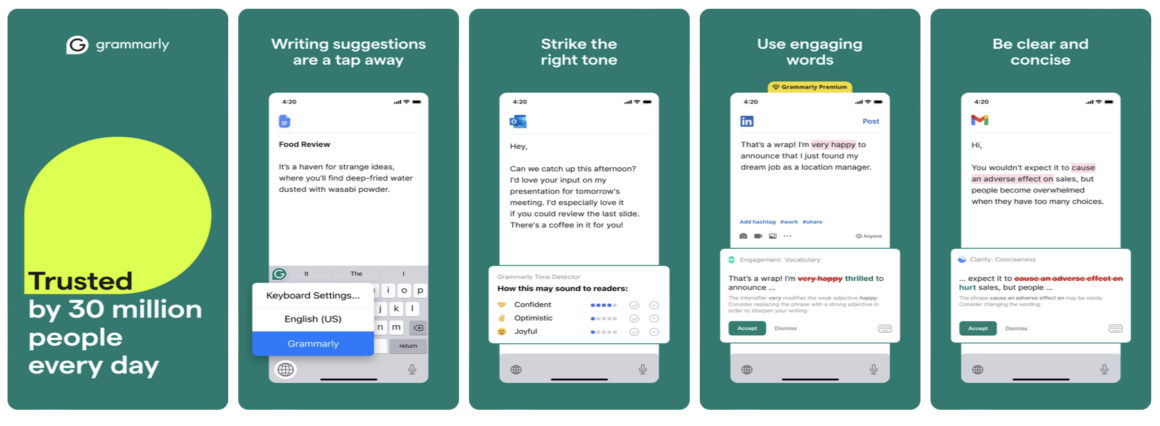
Research papers require clarity and precision in writing, and Grammarly ensures your writing is top-notch. This app helps:
- Check for grammar and spelling errors.
- Improve sentence structure and tone.
- Provide advanced style suggestions for academic writing.
Key Features:
- Real-time grammar and spell check.
- Style enhancements specific to academic and formal writing.
- Plagiarism detection.
Why You Need It: Grammarly saves time and helps you polish your writing, ensuring your research papers are error-free and well-articulated.
Conclusion
By leveraging these 6 useful iOS apps, researchers and scientists can streamline various aspects of their work, from reference management and note-taking to writing and presentations. Each of these tools offers unique benefits that can help you stay organized, work more efficiently, and present your findings with greater impact. Whether you’re a student, researcher, or seasoned scientist, integrating these apps into your daily workflow will undoubtedly enhance your productivity.

